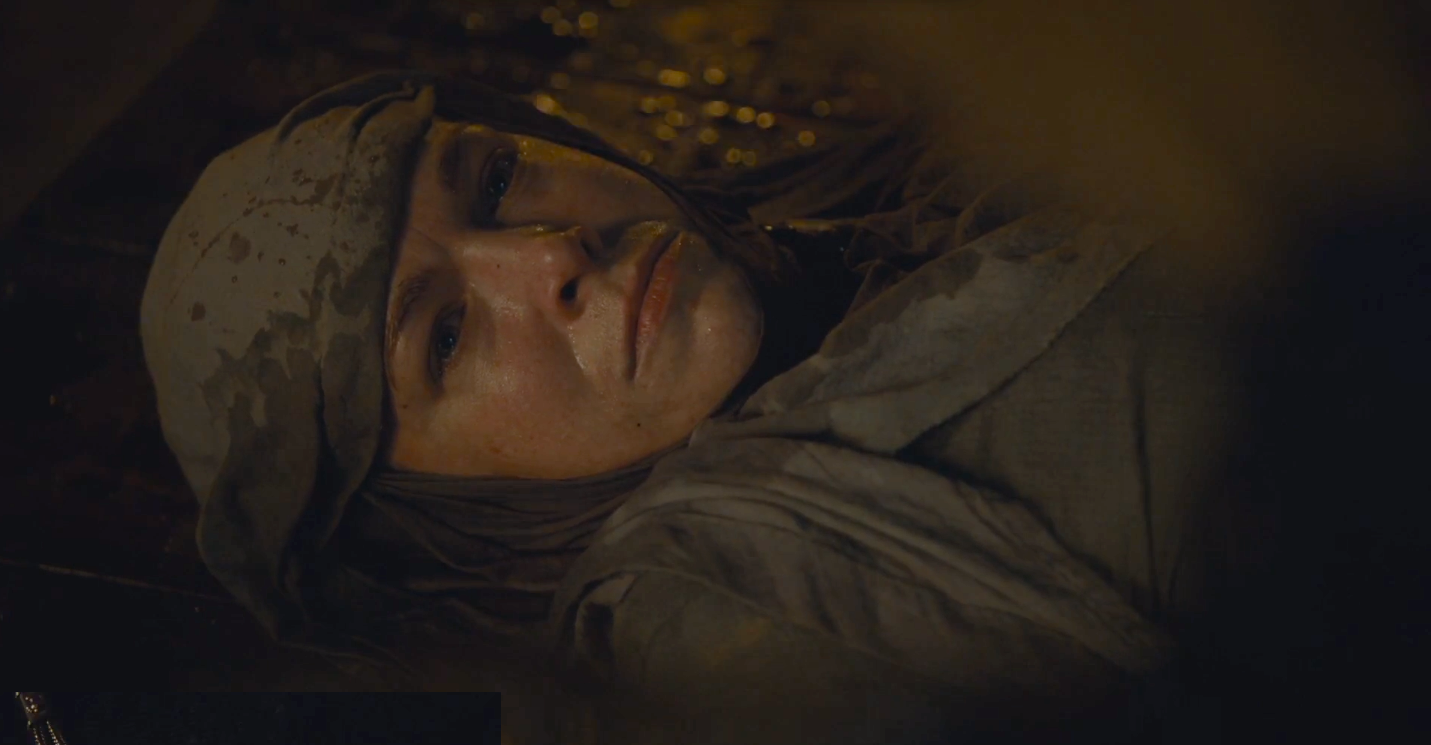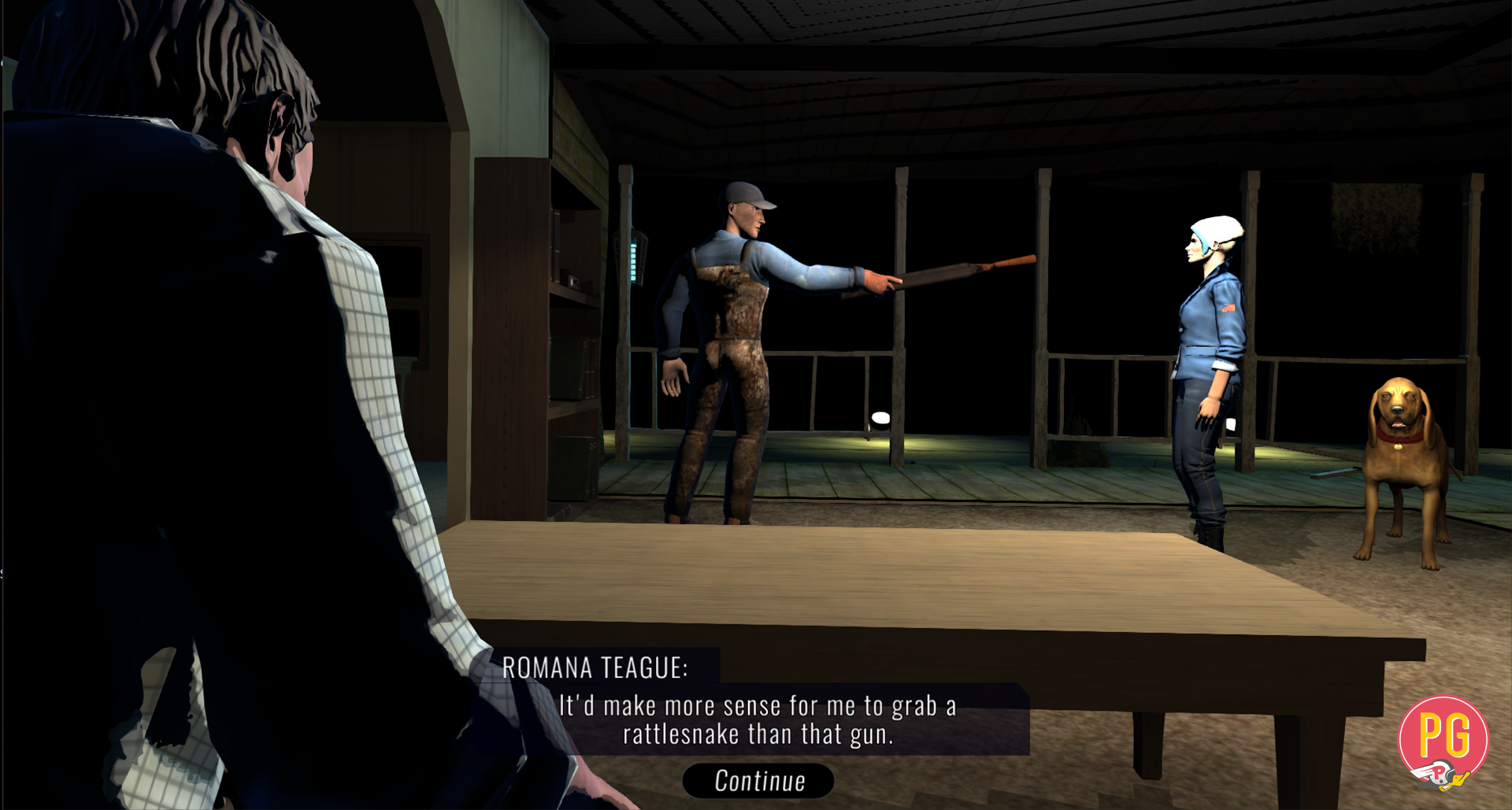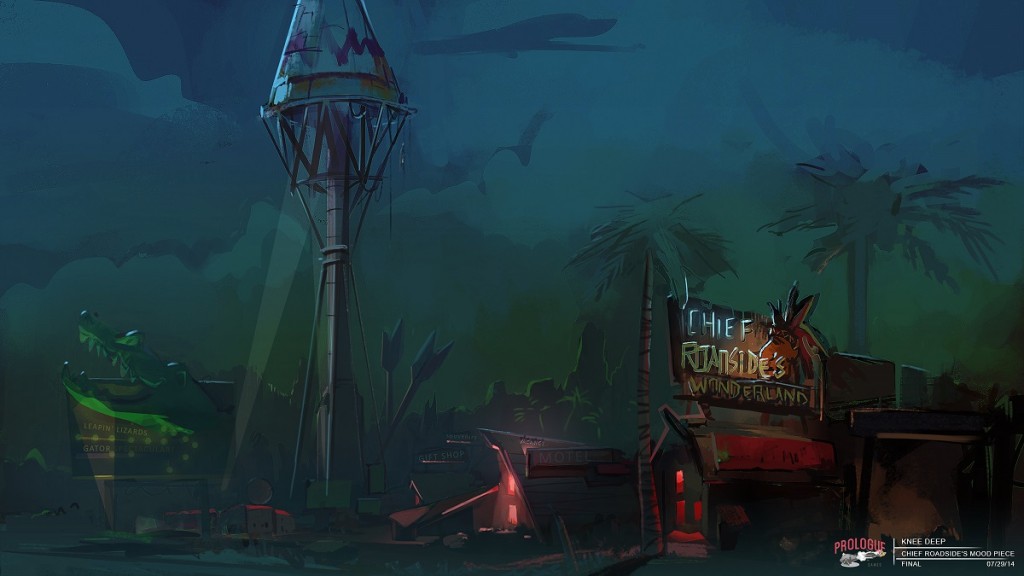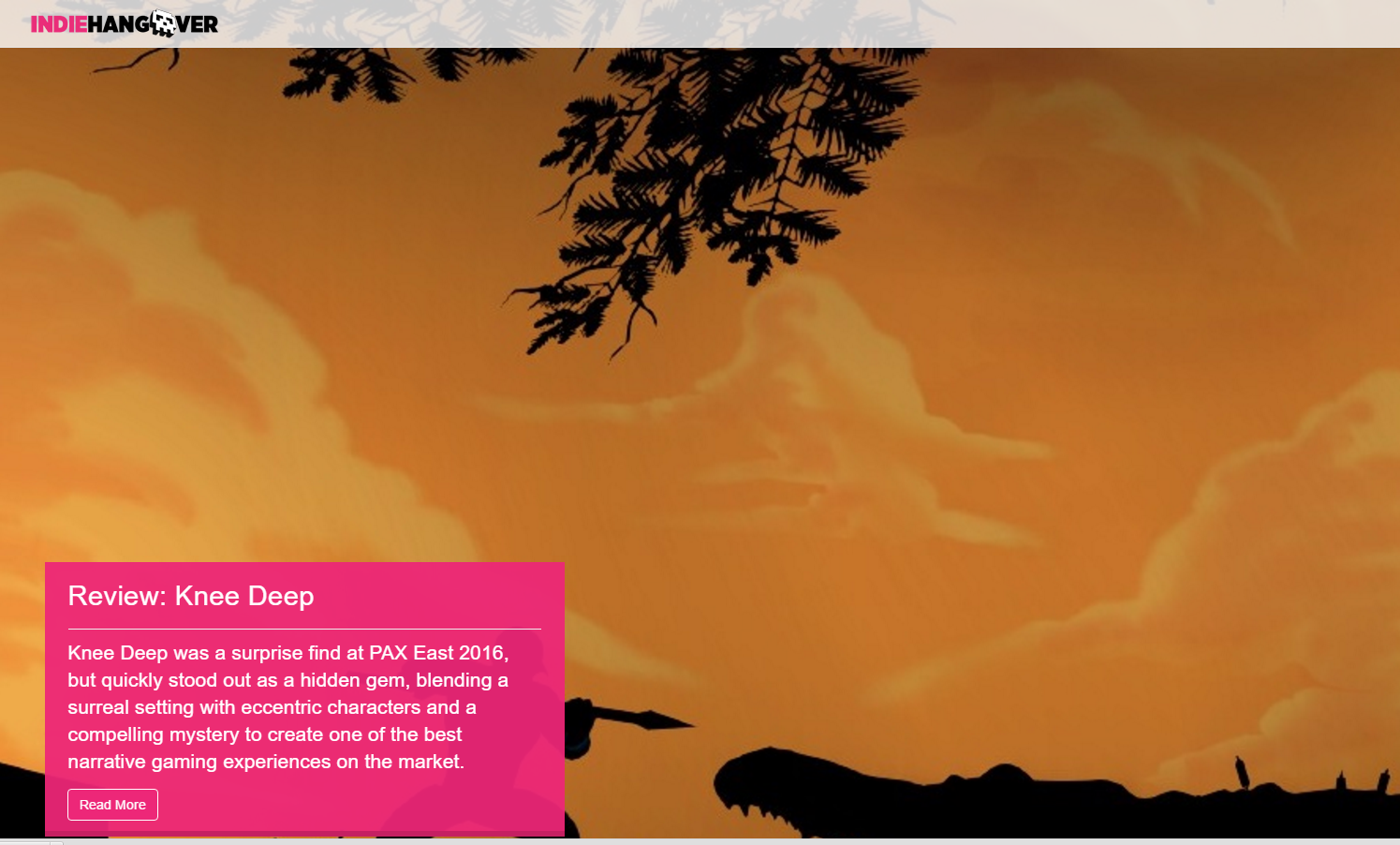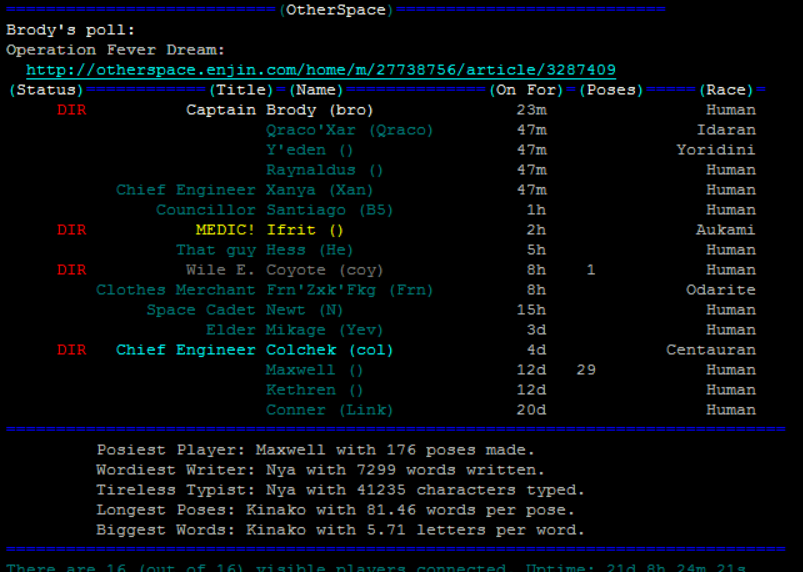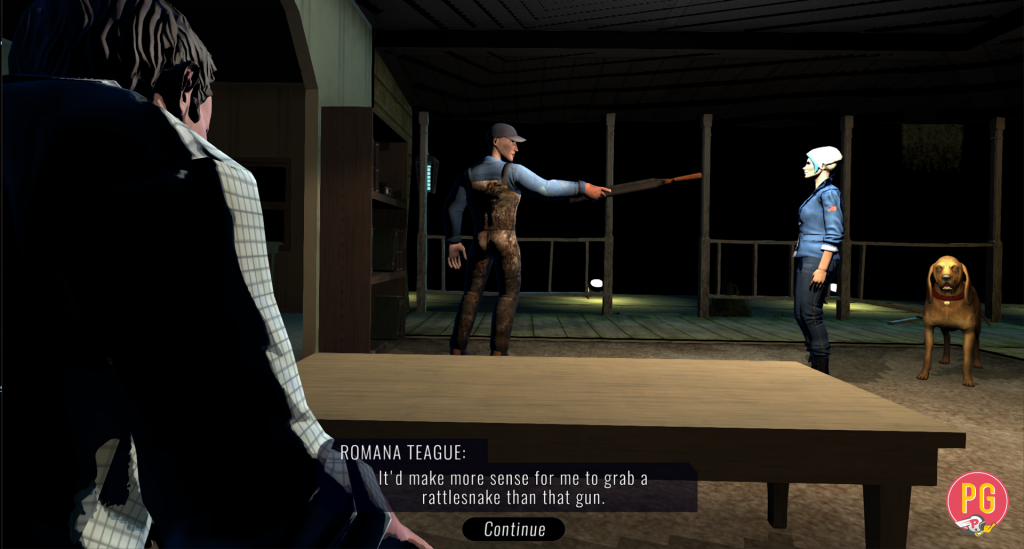 Meg Jayanth – lead writer on the amazing globe-trotting adventure 80 Days – gave a talk during the Game Developers Conference about the critical role NPCs can play in shaping a story and how they can subvert the usual expectations people have about a game’s protagonists.
Meg Jayanth – lead writer on the amazing globe-trotting adventure 80 Days – gave a talk during the Game Developers Conference about the critical role NPCs can play in shaping a story and how they can subvert the usual expectations people have about a game’s protagonists.
Specifically, she wants to undermine the idea of an “entitlement simulator,” where the player’s inhabiting the role of a character that’s destined to win – whether it’s fame, fortune, or romance.
The protagonist doesn’t always have to be a winner. They don’t always have to get their way. They don’t always have to be a hero.
Sam Barlow, creator of Her Story, said at Wordplay in Toronto last year that he keeps a sign in his office that reads “The player is not the protagonist.” In that game, he subverts the idea of the player’s protagonism by occasionally showing the reflection of the investigator in the monitor.
These subversions found in 80 Days and Her Story are why those games deserve so much acclaim.
As Knee Deep progressed from one act to the next, we sought to subvert player expectations by at least partially sidelining the established main characters and letting the narrative unfold through player interactions with secondary characters. Instead of every scene focusing on either Romana, Bellet, or Gaddis, the final act touches on them for significant moments but mostly turns attention to characters such as Monroe, Woodstep, and Gallant.
None of the characters in Knee Deep are perfect. Well, except for Monroe. He can do no wrong, even when he’s impossibly driving a complicated piece of construction equipment. The three so-called “heroes” – blogger, detective, and newspaper reporter – all are deeply flawed and scarred. In the end, it’s up for interpretation what happens to them.
We want players to relate to all the characters they control during the course of Knee Deep, but – perhaps more important – we want them to feel free to shape the evolving story of the play. By shifting the narrative viewpoints, we sought (not so subtly) to make the player feel more connected to the story of Cypress Knee and the dramatic events during this crisis than any one character.
In Knee Deep, the play is the protagonist. The game’s about theatricality in politics, on the stage, and even in the news we watch on TV or read on blogs. You learn about the town through the central characters interacting with NPCs in the first two acts. In the third and final act, some of those NPCs turn to central characters and help drive the story to its over-the-top conclusion.
It’s not a game for everybody. That’s OK. It’s a game for people who want to shake up the status quo of the hero protagonist, who don’t mind shifting viewpoints, and who treasure experiences that don’t always end happily.


